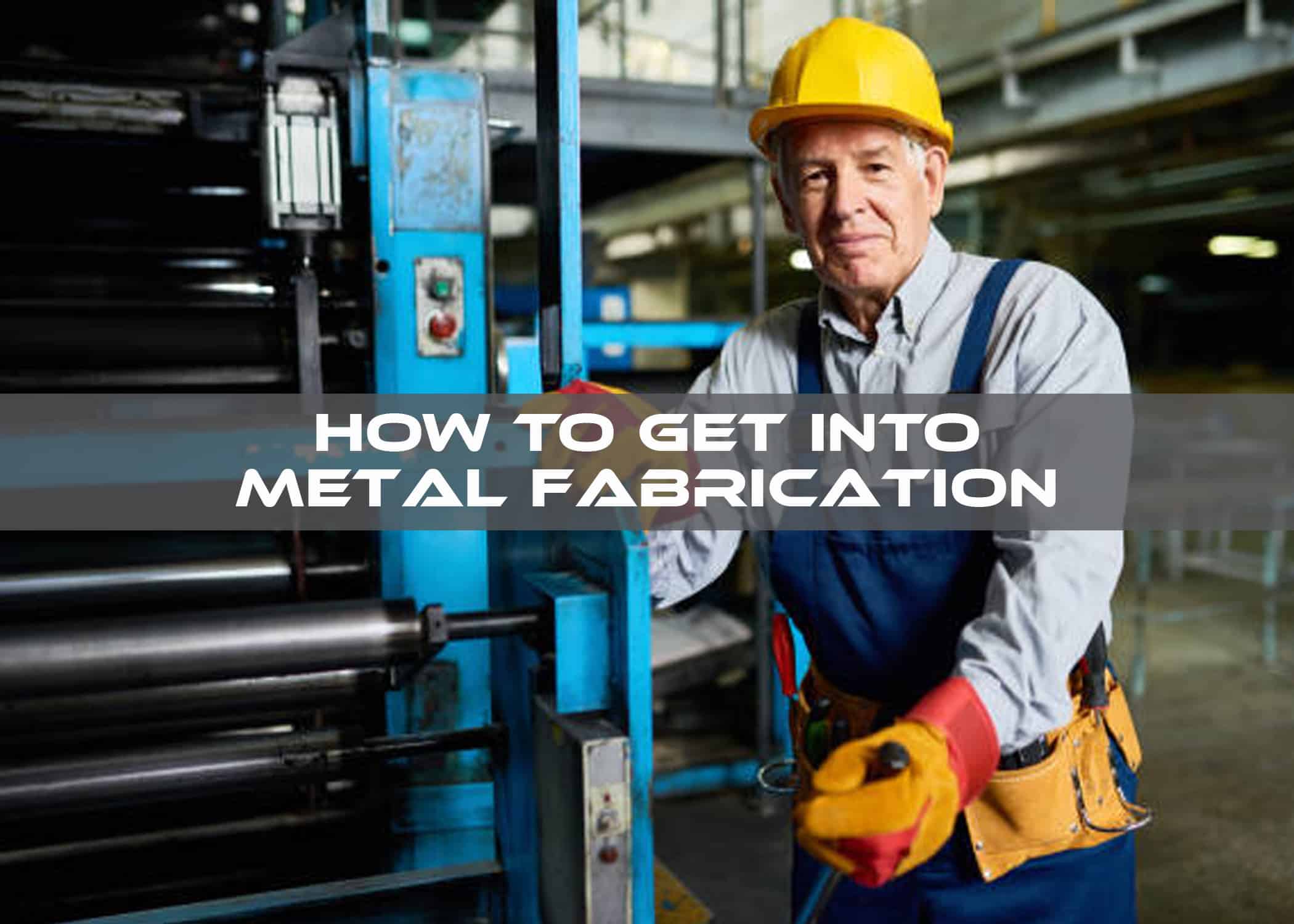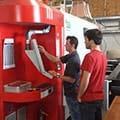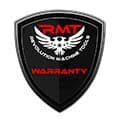A Toe in the Fabrication Door
“Uncle John,” the young man said as he approached a fabricator at a family function, “I think I’m interested in doing metalworking for a career. Is there any way I could do work for you in your shop this summer?”
“Sure,” the fabricator replied. “We’ll be hitting our busy season for one of our biggest customers by mid-summer and we usually bring on some temp help around that time every year. If you are willing to work hard, I’d love to have you onboard. It would only be part time work at minimum wage, but it would be a good way for you to check out the field.”
“Great!” the young man exclaimed. “I’ve taken a couple of shop classes, but is there anything else I would need to do before starting?”
“Yes,” the fabricator responded. “Get some steel-toed boots.”
“That’s it?” the young man asked.
“Pretty much,” replied the uncle. “The guys in the shop will show you everything you’ll need to know, and you’ll pick up things as you help them. I can supply you with gloves, goggles, and all other protective gear except for the boots. It will be a good on-the-job learning experience for you, and you’ll get to see what professional fabricators do, so it will help you decide if it’s the direction you want to take your career.”
“Thanks so much!” the young man said. “I’m really looking forward to it.”
“I think it will be an interesting adventure for you,” commented the fabricator. He added with a wink, “Just make sure you don’t forget those boots—it wouldn’t be so great if you barely got your toe in the door of the industry, just to have it crushed by some falling metal.”
Becoming a Fabricator: A Path to Crafting Excellence
Metal fabrication is a dynamic and rewarding field that offers individuals the opportunity to transform raw metal materials into a wide range of useful products, from structural components to artistic creations. If you’re interested in pursuing a career in metal fabrication, there are several steps you can take to enter this field and develop your skills. The following concepts outline a comprehensive path for getting into the metal fabrication industry:
- Educational Foundation. The first step on your journey into metal fabrication is to build a strong educational foundation. A high school diploma or equivalent is typically the minimum requirement, but having a background in math, science, and technical courses can be beneficial. Consider enrolling in vocational programs or community college courses that offer welding and metalworking classes. These courses will provide you with essential knowledge and hands-on experience.
- Choose a Specialization. Metal fabrication is a broad field, and it’s important to identify your specific area of interest or specialization early on. Common specializations within metal fabrication include welding, machining, blacksmithing, sheet metal work, and CNC machining. Each specialization requires its own set of skills and tools, so research and choose the one that aligns with your interests and career goals.
- Hands-On Training. Hands-on experience is crucial in metal fabrication. Seek out apprenticeship opportunities or entry-level positions at metal fabrication shops, manufacturing companies, or welding companies. These positions will expose you to real-world projects and provide you with valuable practical skills. Learning from experienced professionals can be a priceless experience.
- Certifications. Depending on your chosen specialization, obtaining relevant certifications can significantly boost your career prospects. For welders, certifications like AWS (American Welding Society) can open doors to higher-paying jobs. If you want to include machining along with fabrication, be aware that CNC machinists may pursue certifications from organizations like NIMS (National Institute for Metalworking Skills). These types of certifications demonstrate your competence and commitment to the metalworking industry.
- Safety Training. Safety is paramount in metal fabrication due to the inherent risks associated with working with heavy machinery and high-temperature equipment. Invest time in safety training programs to learn how to use personal protective equipment (PPE) correctly, understand workplace hazards, and follow safety protocols to ensure your well-being and that of your colleagues.
- Acquire Tools and Equipment. As you progress in your career, you’ll need to acquire your own set of tools and equipment. These may include welding machines, grinders, cutting tools, measuring instruments, and safety gear. Quality tools are an investment in your craft and essential for producing high-quality work.
- Continuous Learning. The field of metal fabrication is ever evolving, with new technologies and techniques constantly emerging. Stay updated with industry trends by attending workshops, seminars, and trade shows. Additionally, online resources, books, and tutorials can provide valuable insights and help you refine your skills.
- Build a Portfolio. As you gain experience, start building a portfolio of your work. Document your projects with photographs and detailed descriptions. A well-organized portfolio can be a powerful tool when seeking employment or freelance opportunities. It showcases your skills and craftsmanship to potential employers or clients.
- Networking. Networking is crucial in any industry, and metal fabrication is no exception. Attend industry events, join professional organizations, and connect with fellow fabricators and manufacturers. Networking can lead to job opportunities, collaborations, and mentorship.
- Seek Employment or Start a Business. With your education, experience, certifications, tools, and portfolio in hand, you can start your career in metal fabrication. You might choose to work for an established metal fabrication company or start your own business. Entrepreneurship in this field can be rewarding but requires careful planning and financial management.
- Continual Improvement. Finally, commit to continual improvement. As you gain experience and expertise, challenge yourself with more complex projects. Experiment with new techniques and materials to broaden your skillset. Never stop learning and striving for excellence in your craft.
Entering the metal fabrication field is an exciting journey that begins with a strong educational foundation, hands-on training, and a clear career path. It’s a field that rewards dedication, craftsmanship, and innovation. By following these steps, you can pave the way for a successful and fulfilling career in metal fabrication, where you’ll have the opportunity to turn raw materials into tangible works of art and utility.







